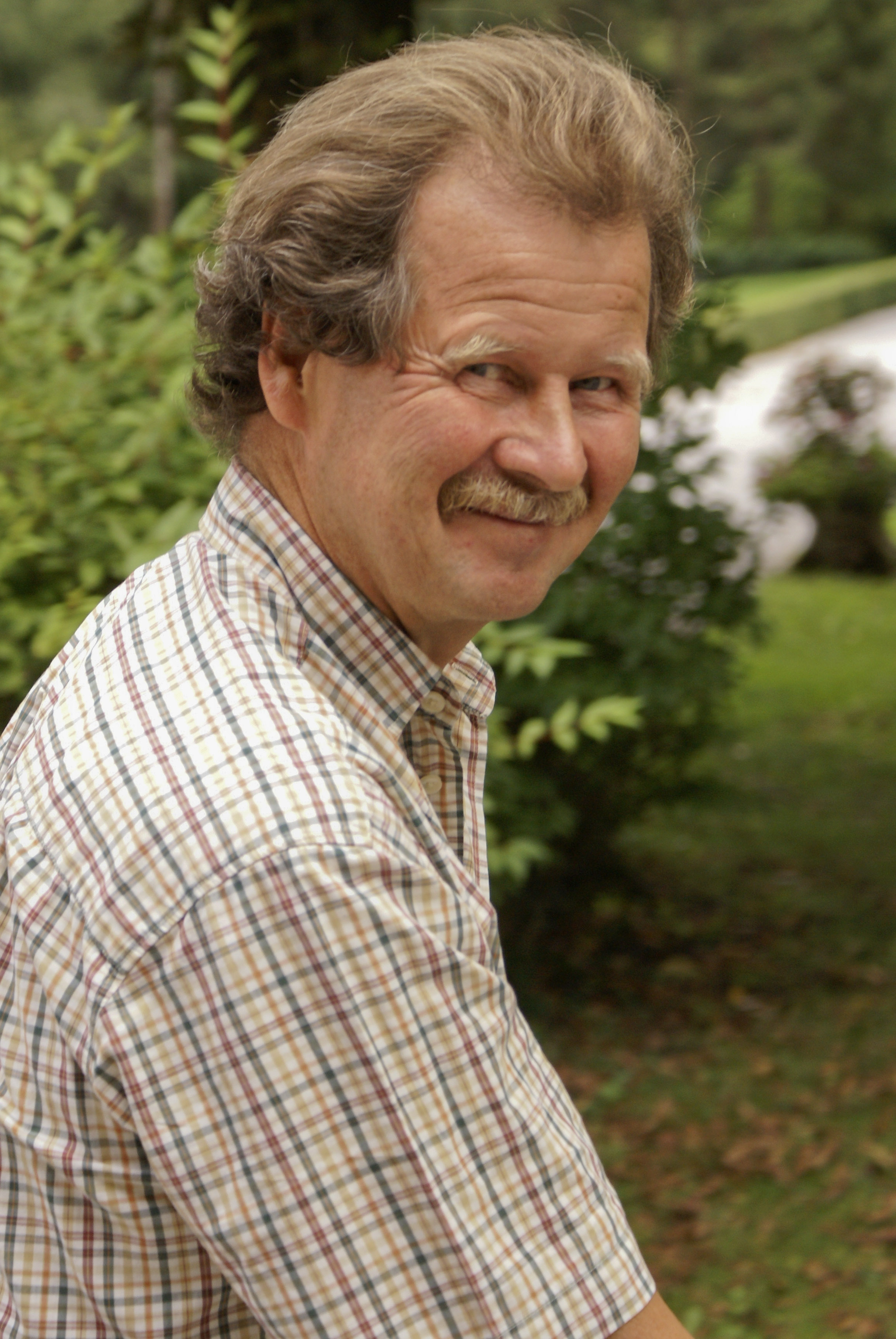I haven't heard that before. ... It's a new allegation.

"Manfred Nowak" is an Austrian human rights lawyer.
Nowak was a student of Felix Ermacora, and cooperated with him until Ermacora's death in 1995. They co-founded the Ludwig Boltzmann Institut für Menschenrechte (with Hannes Tretter) in 1992. Currently he is Scientific Director of the Ludwig Boltzmann Institut für Menschenrechte (jointly with Hannes Tretter). Nowak is also a visiting professor at American University Washington College of Law's Academy on Human Rights and Humanitarian Law (2006–2012).
Nowak was a member of the Austrian delegation to United Nations Commission on Human Rights 1986–1993. From 1987 to 1989 he was director of the Netherlands Institute of Human Rights (SIM) at the Utrecht University.
Nowak was one of the judges of the Human Rights Chamber for Bosnia and Herzegovina between March 1996 and December 2003. He was also the vice president of the Chamber between December 1997 and December 1998.
From 2004 to October 2010 Nowak was the United Nations Special Rapporteur on Torture, and was one of the five authors of a United Nations report on the detention of captives at the United States naval base at Guantánamo Bay, Cuba.
In 2005 Nowak visited China, claiming that torture remained "widespread" there. He also complained of Chinese officials interfering with his work.
More Manfred Nowak on Wikipedia.They say they have nothing to hide. If they have nothing to hide, why should we not be able to speak with detainees?
If there is a substantial risk in a certain country like Algeria, Jordan, Egypt, etc., then diplomatic assurances cannot be used. If a country usually and systematically practices torture, then of course they would deny they were doing it because it is absolutely prohibited.
The only condition that we did not accept was that we would have no access to detainees and I am very confident that since we accepted the invitation in the spirit of compromise, the United States will compromise.
Torture is practiced systematically by the security forces, ... This was admitted by high officials of both the army and police.
Every secret place of detention is usually a higher risk for ill treatment, that the danger of secrecy.
It makes no sense (to go). You cannot do a fact-finding mission without talking to the detainees.
That torture is still practiced in Iraq after Saddam Hussein, that is no secret. It is shocking, but on the other hand, we have received allegations of these secret (detention) places in Iraq already for quite a long time.
Torture and ill treatment are systematically practiced in Nepal by the police, armed police and the Royal Nepal Army in order to extract confessions and to obtain intelligence, among others things.
Copyright © 2024 Electric Goat Media. All Rights Reserved.